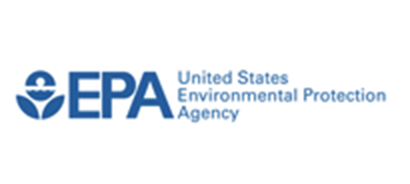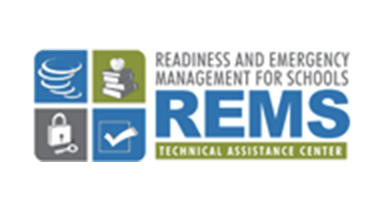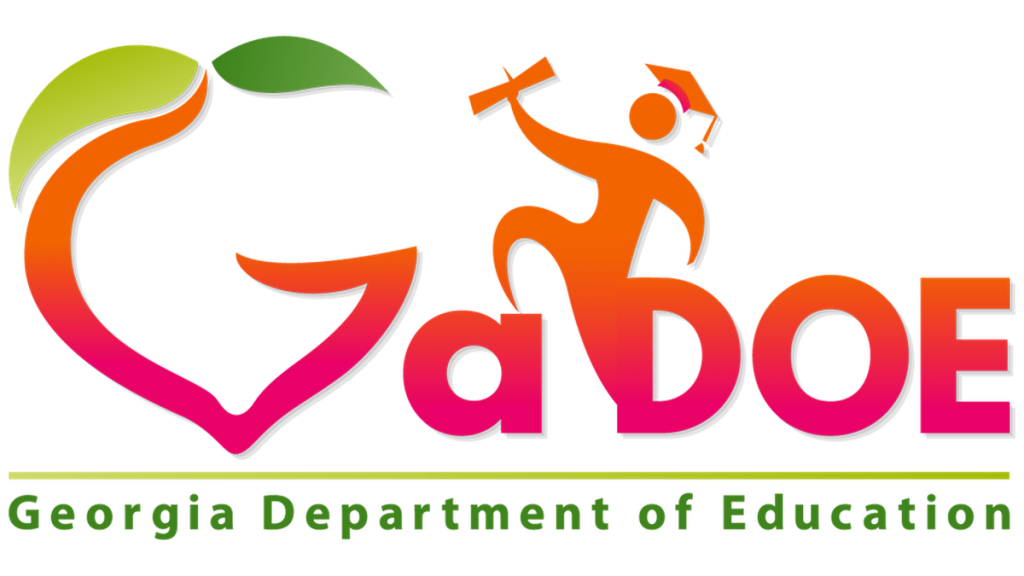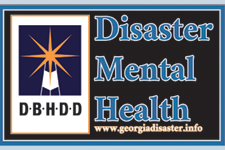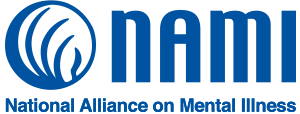Emergencies and Indoor Air Quality
Preparation and response to weather-related and man-made emergencies is particularly important when it comes to indoor environments, since humans spend most of their time indoors, and rely on indoor spaces for shelter. Educating yourself about how to prepare for and respond to weather-related and man-made emergencies that affect indoor environments can help protect you and…
Read MoreFood Safety and Emergencies: Preparedness Activities for Schools
This checklist allows users to create customized biosecurity tasks when developing a food biosecurity management plan. Tasks can be modified, prioritized, and assigned to specific team members.
Read MoreGaDOE School Safety Checklist
The level of safety in school must be assessed using multiple indicators that apply to the total school environment. At a minimum, the assessment process will address the following
Read MoreGeorgia Disaster Mental Health
Disasters come in many forms. They may occur suddenly or with advance warning. Disasters may be human-caused or an act of nature. Some disasters have names like Katrina or flight numbers while others have faces that we see on the television.
Read MoreGeorgia Flood Map Program (How to Assess Flood Risks)
This is your portal to view flood data, get outreach materials, submit a LOMC/LOMA, or view project status. In the Floodplain Regulation section you will find model ordinances, information about how to submit an appeal, obtain an elevation certificate as well as tutorials on how to read a FIRM and/or FIS.
Read MoreGeorgia Hurricane Response Hub
The Georgia Hurricane Response Hub is one of five technical assistance centers funded by the Centers for Disease Control and Prevention (CDC) to enhance disaster-related surveillance, environmental, and occupational health recovery efforts in areas impacted by the 2017 Hurricanes Harvey, Irma, and Maria.
Read MoreGeorgia Student Health Survey
Revised in FY22, the Georgia Student Health Survey is an anonymous and statewide survey instrument that covers various topics such as school climate and safety, peer and adult social support, bullying, mental health, substance abuse, and suicidal ideation. There’s also a brief survey for elementary students that includes school safety and school climate questions only.
Read MoreGeorgia’s Whole Child Toolkit
Educating the whole child means to acknowledge AND address non-academic factors that impact academic outcomes while expanding learning opportunities. This toolkit was developed to provide a “one stop” location of basic information to support efforts of educating the whole child.
Read MoreHelping Children and Adolescents Cope with Violence and Disasters: What Parents Can Do
Mental health is an important part of overall health for children and adolescents. Many adults with mental disorders had symptoms that were not recognized or addressed in childhood or adolescence. Help raise awareness about the importance of children’s mental health and early diagnosis and treatment by sharing information and materials based on the latest research.
Read MoreHelping Others Through Catastrophic Stress
How safe is your school?
School safety encompasses a succinct plan to prevent and respond to threats of danger, natural disasters, violent criminal acts and any event that places faculty, staff and students at risk.
Read MoreHuman Trafficking
Sex trafficking occurs when people are forced or coerced into the commercial sex trade against their will. Sex trafficking often involves children and teenagers of all ages. Sex traffickers frequently target vulnerable people, like children and teenagers, and those people with histories of neglect, abuse and then use violence, threats, lies, false promises, debt bondage,…
Read More
